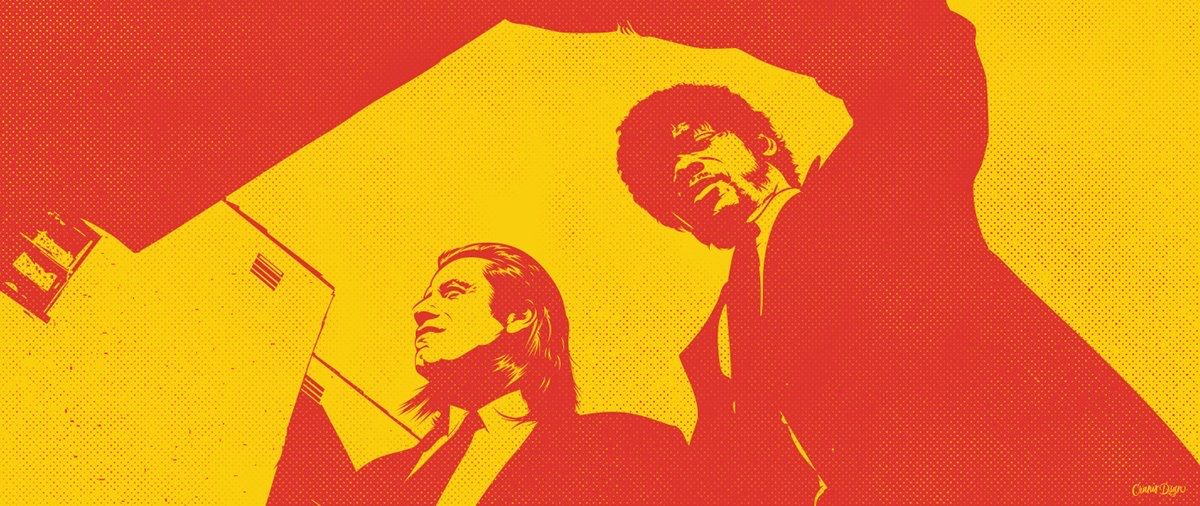Le Petit Soldat is a 1963 movie directed by Jean-Luc Godard.

WHAT HAPPENS?
During the Algerian War, a member of a right-wing terrorist group falls in love with a member of a left-wing terrorist group.
ONE LINE REVIEW
Le Petit Soldat sees Godard challenge the existential ideals of love and alliance.
THE ACTORS
Michel Subor plays Bruno Forestier, the oft-reluctant Frenchman under the thumb of a right-wing terrorist group. Subor is given an interesting, if not fairly limited role. He’s a suspected double agent unwilling to carry out an assassination. Subor skillfully and briefly shows the nerves of a young man pressed into such a situation – yet the remainder of his character is nondescript, much in the manner of most spies. He is given ample time to expound his political and social views during the movie’s final half hour.

Likewise, this is probably Anna Karina’s most subdued Godard role. The vibrancy of her past characters is replaced with an air of mystery. We’re never sure where her motivations lie – she feels like more of an object than person. Early in the movie, she is photographed by Forestier while asked a series of questions. The scene could represent her own interrogation – either politically or as Forestier’s love interest. Yet even in this sense, her Veronica exists almost as an allusion; Forestier seeks to compare her eyes – a “Vasquez or Renoir grey.”
THE DIRECTOR
You can sense the emerging Godard sensibilities that would permeate his later movies throughout Le Petit Soldat. This movie, written in 1960, wasn’t released until years later. Yet its sensibilities are ahead of its time. Godard presents Forestier as having an existential crisis – he’s caught between two sides of a revolution but questions his role. “You get hell for not doing anything – so you do things without conviction.”

Godard frames the isolation of his characters in interesting ways. Forestier and Veronica are never especially close – even in her tiny, well-manicured apartment. Forestier is cloistered in tiny cars during his assassination attempts and Veronica is caught in between camera frames. The shifts in time are also intriguing – the action sequences are mere blips, while the political discussions are lengthy affairs.
THE BEST – Literary References
Art is a great subtext throughout the movie. The best reference comes as Bruno is photographing Veronica – there’s tension between the two characters as it may appear Bruno views Veronica as an empty vessel. Then, they discover their shared interest in Klee and the relationship advances.

THE BEST Part 2 – Cinema is Truth
Possibly one of Godard’s greatest quotes comes as Bruno reveals that “cinema is truth – 24 frames a second.” The quote signifies Godard’s place as a filmmaking revolutionary much in the way his character is trying to realize the impact of his own actions. His scenes of torture are as revealing as any image he’s produced in a movie.
THE WORST – Are the Lead Characters Really in Love?
I’m not sure how convincing this relationship is in the context of the characters’ ultimate actions. Bruno and Veronica have a stealth awareness of each other’s purpose and ultimately face the same enemy. Bruno seems to idolize Veronica more than directly love her – which of course may be an intentional device employed by Godard. At times, Veronica’s passive and possibly aloof character serves more to carry Bruno’s narrative rather than create her own.
FOX FORCE FIVE RATING – 4/5
Le Petit Soldat is an intriguing start to Godard’s amazing run of movies. It’s fascinating to see his dominant ideas emerge so early in his work – visions and truths that would dominate his later movies.
